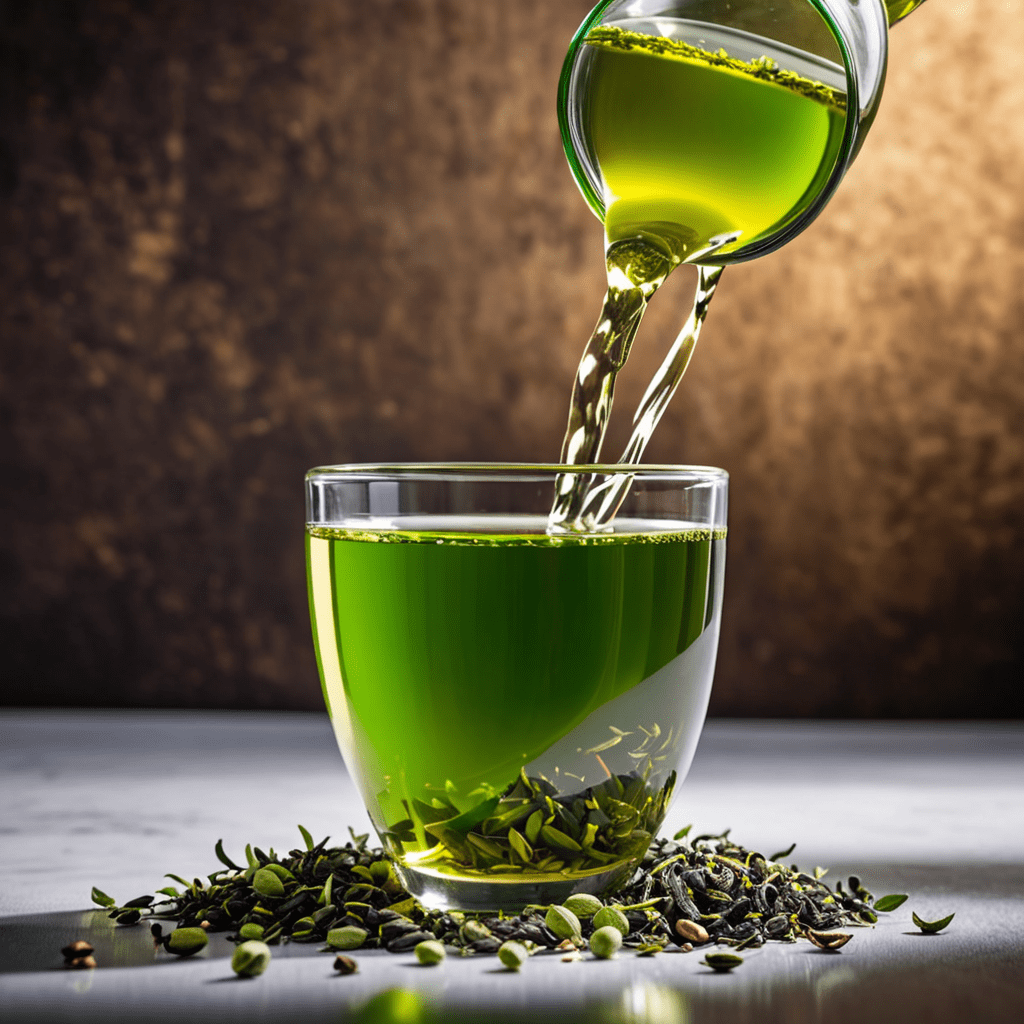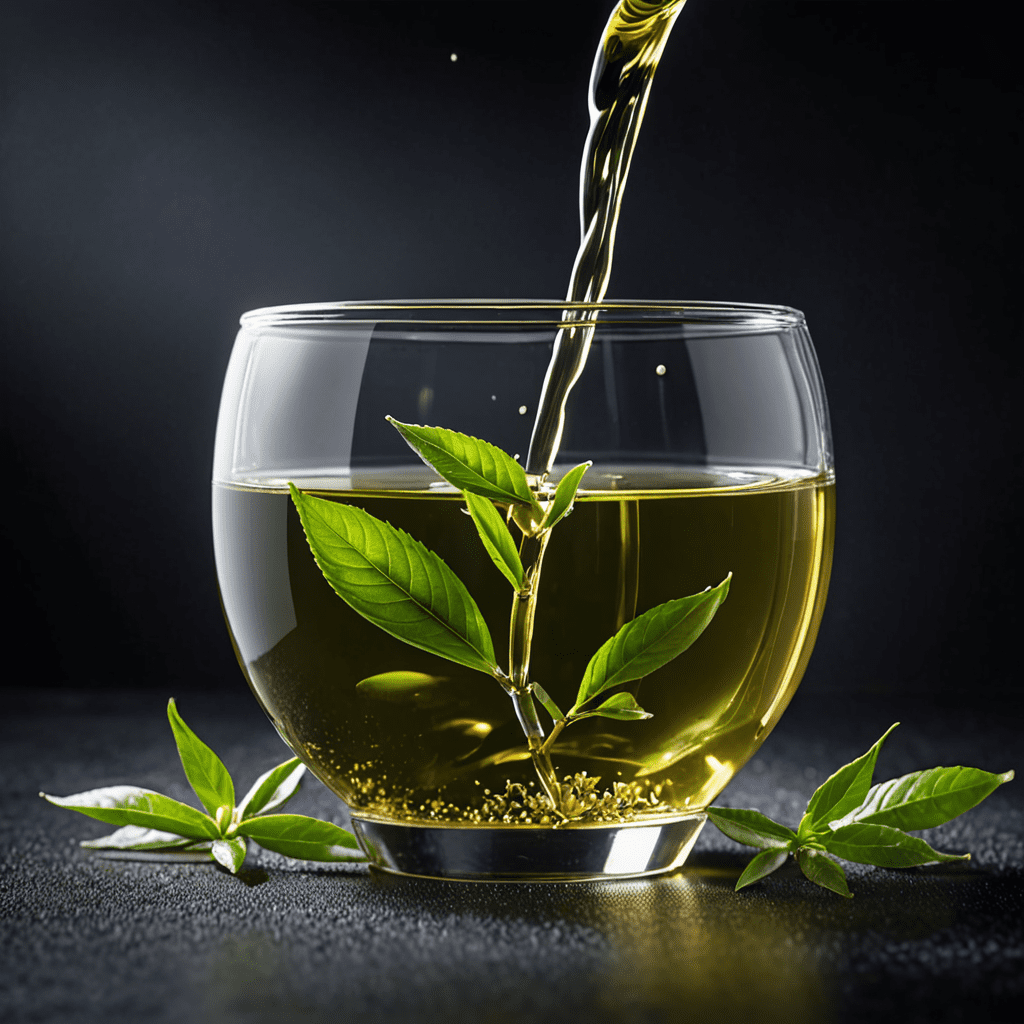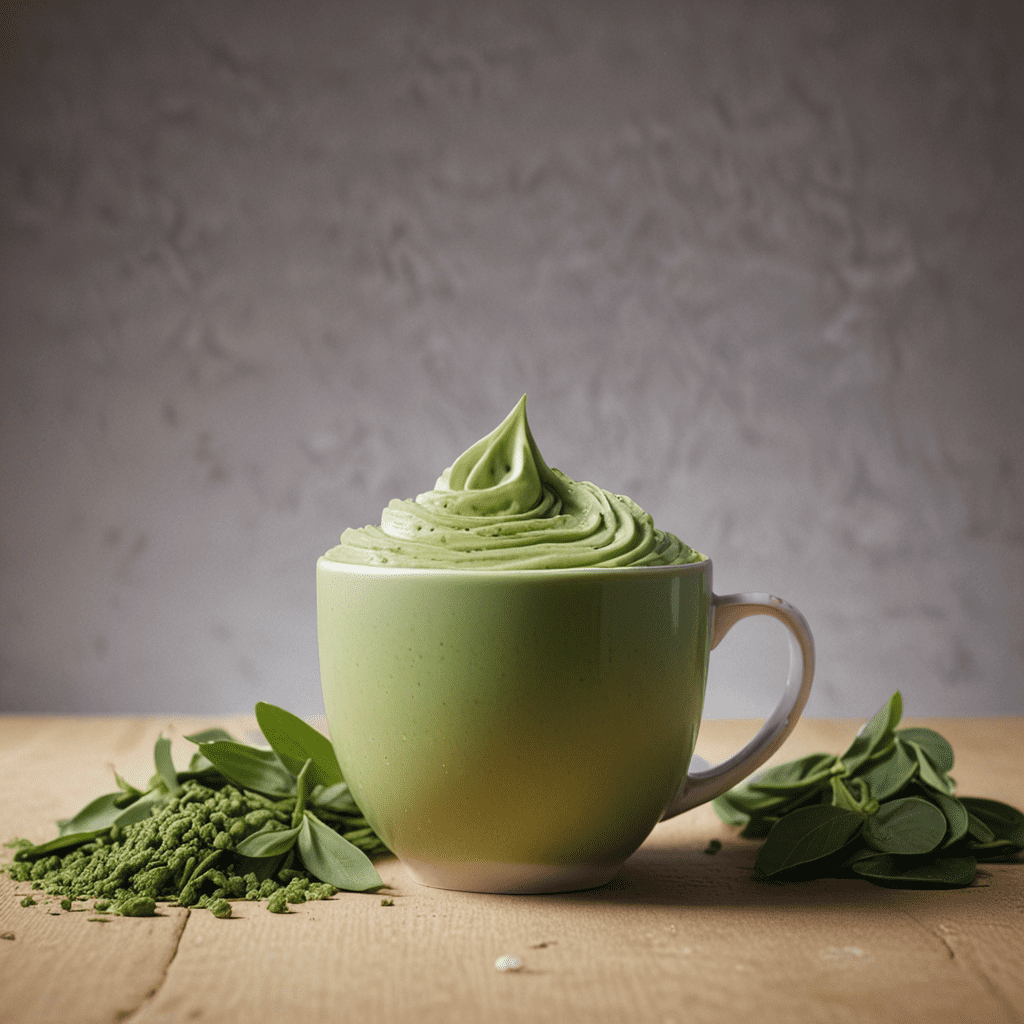
Uncovering the Truth: The Relationship Between Green Tea and Kidney Stones
The Basics of Kidney Stones
Before delving into the connection between green tea and kidney stones, it’s important to understand what kidney stones are. Kidney stones are hard deposits that form in the kidneys and are often made up of minerals and salts.
Understanding Green Tea
Green tea is a popular beverage known for its potential health benefits, including its antioxidant properties and potential to aid in weight management. The primary compounds in green tea are catechins, which are known for their potential health-promoting properties.
The Role of Oxalates
Oxalates are compounds found in many foods and are also implicated in the formation of kidney stones. Some studies have shown that high oxalate levels in the urine can contribute to the development of kidney stones.
Evaluating the Connection
Research on the relationship between green tea and kidney stones is limited and inconclusive. While green tea contains oxalates, the amount present in a typical serving is unlikely to significantly impact kidney stone formation.
Practical Considerations
Individuals prone to kidney stones may want to moderate their green tea consumption, especially if they have been advised to limit oxalate-rich foods. However, for most people, enjoying green tea in moderation as part of a balanced diet is unlikely to pose a significant risk of kidney stone formation.
FAQs
Q: Can drinking green tea increase the risk of kidney stones?
A: While green tea contains oxalates, the overall impact on kidney stone formation is likely minimal for most individuals when consumed in moderation. Those at high risk for kidney stones may want to consult a healthcare professional for personalized dietary advice.
Q: Are there other factors that contribute to kidney stone formation?
A: Yes, dehydration, high-sodium diets, and certain medical conditions can also contribute to the formation of kidney stones. It’s important to consider overall dietary and lifestyle factors in kidney stone prevention.
Q: Should I be concerned about the oxalate content in other foods?
A: Oxalates are found in various foods, and their impact on kidney stone formation varies between individuals. It’s advisable to maintain a balanced diet and monitor overall oxalate intake in consultation with a healthcare professional.


